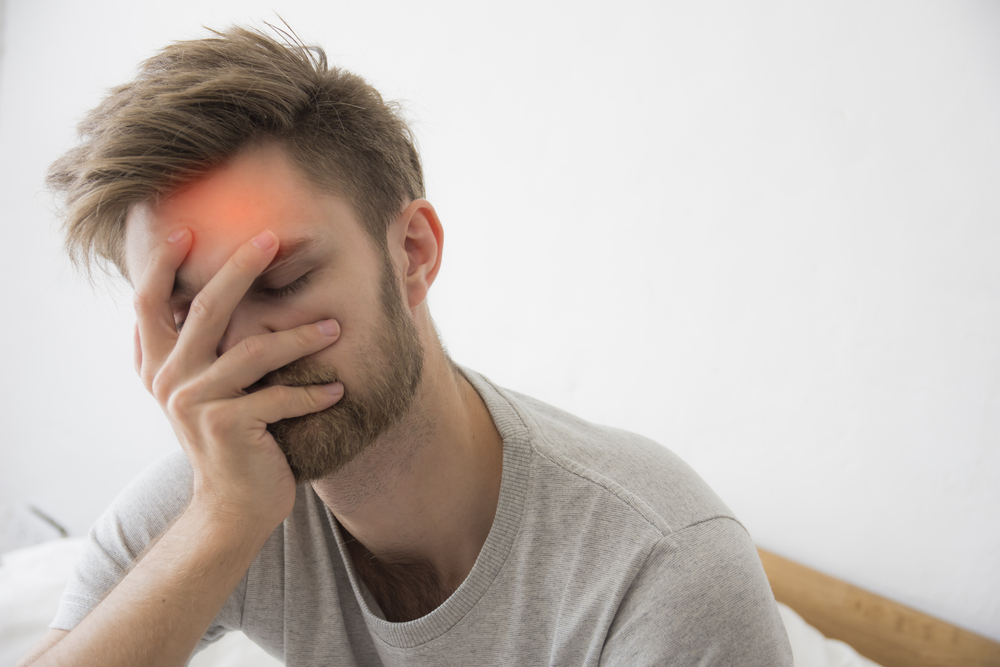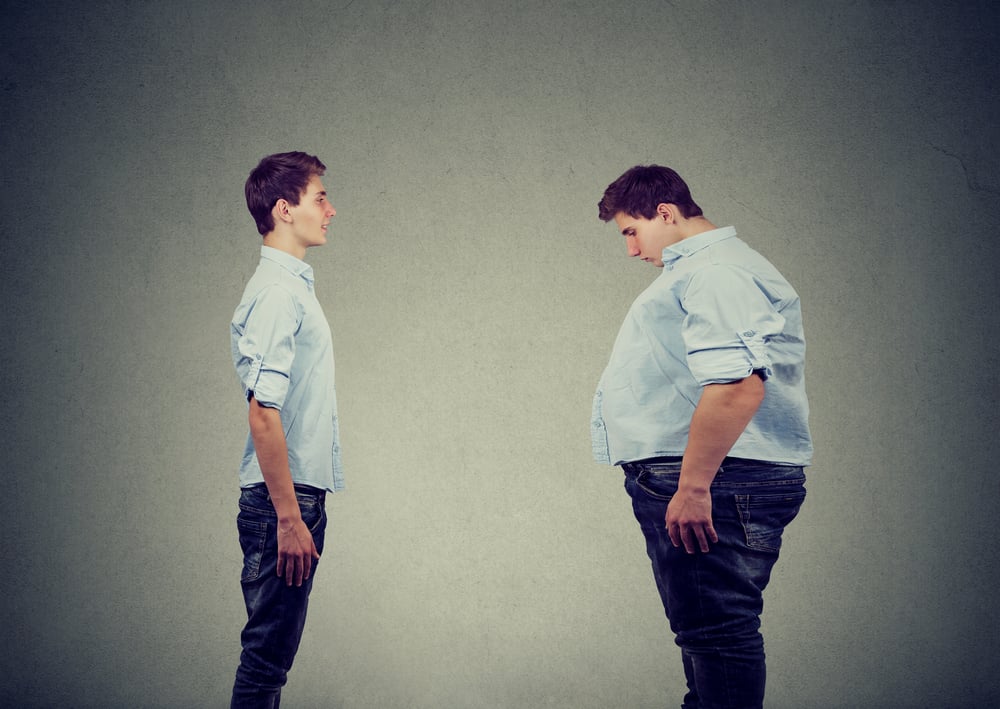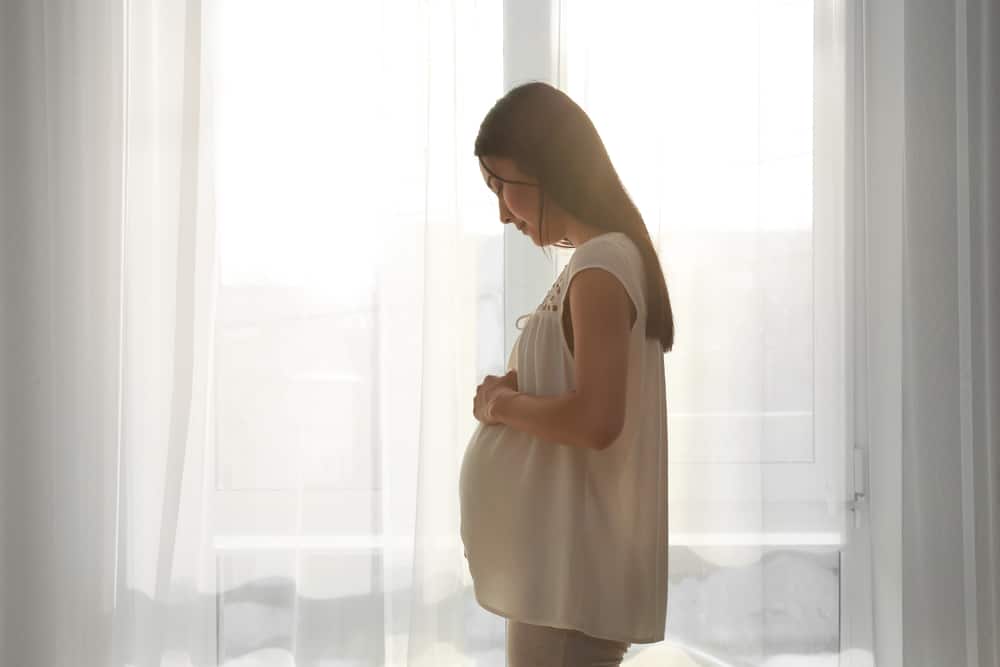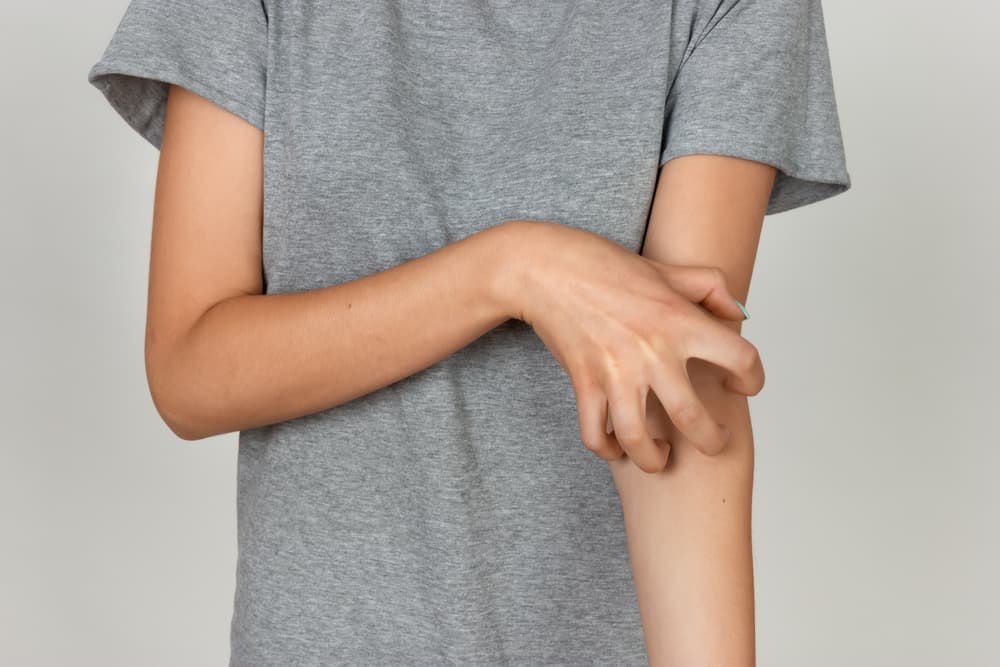Contents:
- Medical Video: How to Fix All Your Sleep Problems With Science
- Side headaches due to sleep disorders
- Conversely, migraines can also make you sleep deprived
- The next headache can also be due to a lot of sleep
Medical Video: How to Fix All Your Sleep Problems With Science
Do you often experience side headaches or migraine pain lately? Try checking your sleep patterns lately. The reason, the study found that migraine pain that often relapsed can be caused by lack of sleep, even the two are related to each other. How can? Here's the explanation.
Side headaches due to sleep disorders
Side headaches or migraines and sleep disorders are two things that trigger each other. In fact, these two problems are like a vicious circle that can disrupt the health of the body. How can it be, huh?
Quoted from the Verywell page, a study published in the Journal of the Neurological Sciences in 2012 found that many patients with complaints of severe headaches were found to have sleep disorders.
Other studies have also yielded similar results, namely patients with chronic migraine pain are more likely to have trouble sleeping than patients who experience migraines only for a short time.
So experts say that there is a substance that plays a direct role in regulating the sleep cycle and influences the symptoms of headaches next to it. This substance is called serotonin. Serotonin regulates the sleep cycle, if the levels in the body are disturbed, then you will experience sleep problems.
Well, serotonin levels that are not balanced can also make blood vessels narrow, making blood flow to the brain not smooth, until finally a headache appears.
Conversely, migraines can also make you sleep deprived
Although initially the relationship between sleep deprivation and migraine pain is not known with certainty, findings made by researchers from Missouri State University provide enough clear evidence. This study used a sample of mice with attention to sleep patterns with the emergence of chronic pain in mice.
One group of mice were left not to sleep for several consecutive days and the other group of mice still had a normal sleep cycle. As a result, mice lacking in sleep produce a number of proteins that trigger chronic pain, including p38 and PKA proteins.
These two proteins are a type of protein that regulates sensory responses to the trigeminal nerve in the face, the nerves that cause migraine pain. In addition, lack of sleep also triggers an increase in the expression of P2X3 protein, a protein associated with increased chronic pain. This is why people who experience headaches often experience difficulty sleeping.
The next headache can also be due to a lot of sleep
From a number of studies that have been done, the causes of migraine pain are experienced by people who often lack sleep. However, you can also have a headache next to you if you sleep too much at one time.
For example, you are accustomed to waking up every 6 o'clock in the morning on an active day but you have targeted to wake up later in the afternoon. Instead of getting more rest time, this can actually trigger migraine pain.
Therefore, determining the same time to sleep and wake up is important. Especially if you often experience migraine pain, you should set the same bedtime and wake up time every day. If you are accustomed to getting up at 6am every day, then do the same thing on Saturdays and Sundays.
Migraines and sleep disorders are two common things that often occur. If you experience a migraine, then you are not necessarily going to experience sleep disorders. Vice versa. Therefore, if you experience one of them, immediately consult your doctor to find the right treatment according to your condition.












